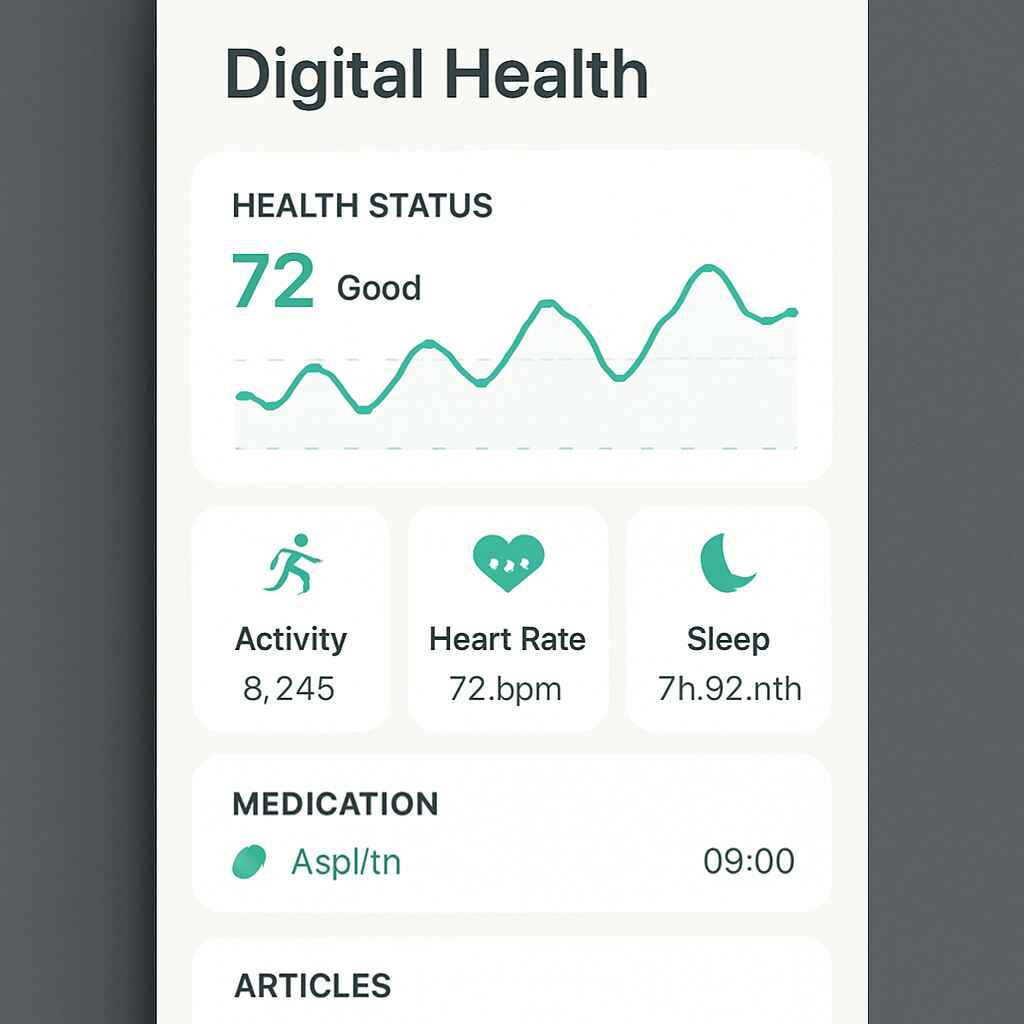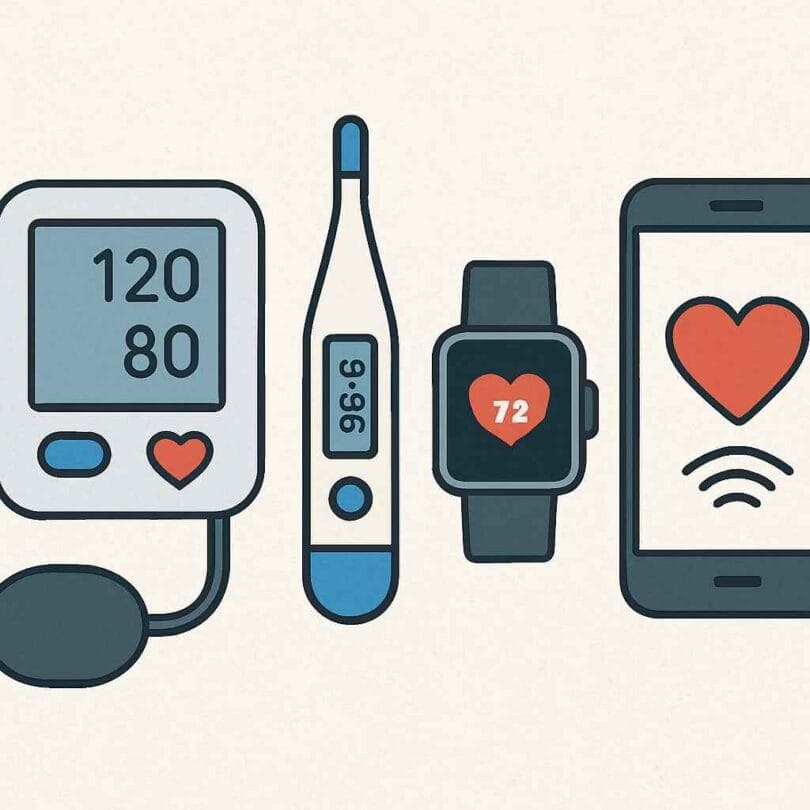In recent years, healthcare technology has made significant strides in improving patient care, especially for those who prefer or need to receive treatment at home. As technology continues to evolve, it is transforming how we approach healthcare, making it more accessible, efficient, and personalized. This article explores the exciting advancements in future healthcare technology and how they are elevating at-home care.
One of the most significant advancements in healthcare technology is remote patient monitoring (RPM). RPM allows healthcare providers to keep track of a patient’s health data without the need for in-person visits. This technology uses devices such as wearable sensors, smartwatches, and even smartphone apps to collectt real-time data on vital signs, physical activity, and other health metrics.
Benefits of Remote Patient Monitoring
Remote patient monitoring offers numerous benefits for both patients and healthcare providers. For patients, it means fewer trips to the doctor’s office, reduced hospital admissions, and the ability to receive care in the comfort of their own home. For healthcare providers, RPM provides a wealth of data that can be used to make informed decisions about a patient’s care plan and detect potential health issues before they become serious.
Examples of RPM in Action
Some examples of RPM technology include glucose monitors for diabetes patients, heart rate monitors for those with cardiovascular conditions, and even sleep trackers for individuals with sleep disorders. These devices continuously collect data and send it to healthcare providers, who can then adjust treatment plans as needed.
Digital Health Solutions Transforming At-Home Care

Digital health solutions are another critical component of future healthcare technology. These solutions encompass a wide range of tools and applications designed to improve patient care and engagement. From telehealth services to mobile health apps, digital health solutions are making it easier than ever for patients to access the care they need.
Telehealth Services
Telehealth services have seen a significant surge in popularity, especially during the COVID-19 pandemic. These services allow patients to consult with healthcare providers via video calls, phone calls, or text messsage , eliminating the need for in-person visits. Telehealth is particularly beneficial for individuals with mobility issues, chronic conditions, or those living in remote areas.
Mobile Health Apps
Mobile health apps are another digital health solution that is revolutionizing at-home care. These apps can help patients manage their health by providing medication reminders, tracking symptoms, and offering educational resources. Some apps even offer virtual coaching and support groups, helping patients stay motivated and engaged in their health journey.
The Role of Artificial Intelligence in Healthcare
Artificial intelligence (AI) is playing an increasingly important role in the future of healthcare technology. AI-powered tools can analyze vast amounts of data quickly and accurately, providing valuable insights for both patients and healthcare providers.
AI-Driven Diagnostics
AI-driven diagnostics are helping healthcare providers identify potential health issues faster and more accurately. For example, AI algorithms can analyze medical images to detect signs of diseases such as cancer, often with greater precision than human experts. This technology allows for earlier intervention and better patient outcomes.
Personalized Treatment Plans
AI is also being used to create personalized treatment plans for patients. By analyzing data from various sources, including electronic health records and wearable devices, AI can help healthcare providers tailor treatment plans to each patient’s unique needs and preferences. This level of personalization can lead to more effective treatments and improved patient satisfaction.
The Future of At-Home Care

The future of healthcare includes AI diagnostics, remote patient care, and smart medical devices.
As healthcare technology continues to advance, the future of at-home care looks promising. With the integration of remote patient monitoring, digital health solutions, and artificial intelligence, patients can expect more convenient, efficient, and personalized care. These technologies not only improve patient outcomes but also reduce the burden on healthcare systems by minimizing hospital admissions and in person visits.
Challenges and Considerations
While the benefits of future healthcare technology are undeniable, there are also challenges to consider. Data privacy and security are major concerns, as the collection and transmission of sensitive health data increase the risk of breaches. Additionally, ensuring that all patients have access to these technologies, regardless of socioeconomic status or geographic location, is crucial for equitable healthcare delivery.
The Importance of Collaboration
To fully realize the potential of future healthcare technology, collaboration between healthcare providers, technology developers, and policymakers is essential. By working together, these stakeholders can address challenges, improve accessibility, and ensure that new technologies are integrated seamlessly into existing healthcare systems.
Conclusion
Future healthcare technology is transforming at-home care, making it more accessible, efficient, and personalized. Remote patient monitoring, digital health solutions, and artificial intelligence are just a few examples of how technology is elevating the quality of care patients receive at home. As these advancements continue to evolve, they hold the promise of improving patient outcomes and reducing the burden on healthcare systems worldwide.
By embracing these technologies and addressing the challenges they present, we can create a more equitable and effective healthcare system for all. The future of at-home care is bright, and the possibilities are endless. Let’s continue to innovate and improve the way we deliver healthcare to patients in the comfort of their own homes.






